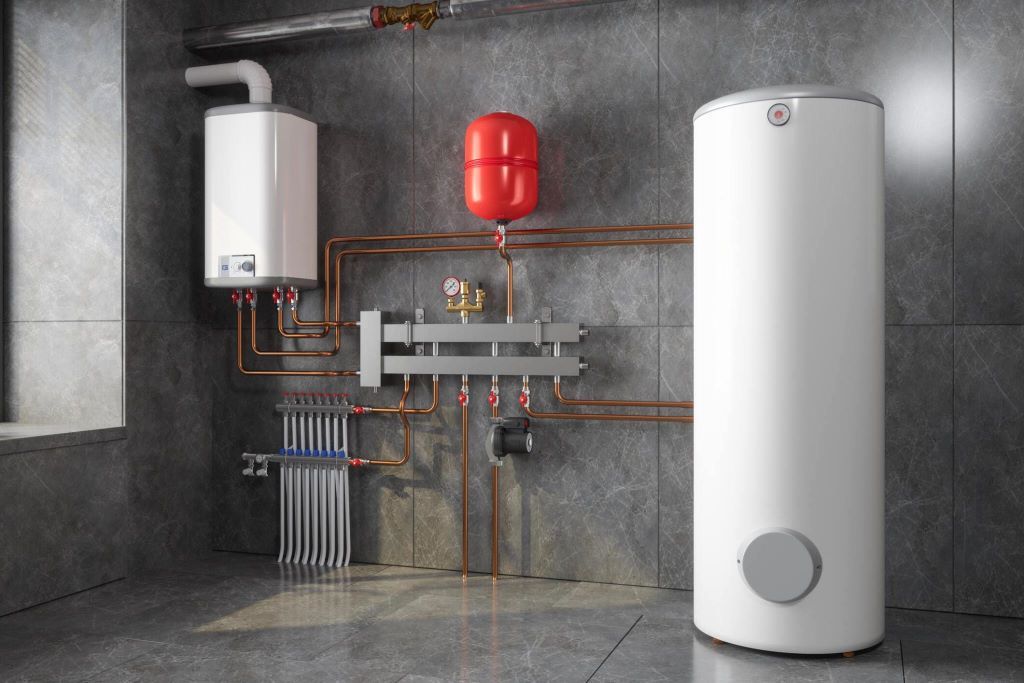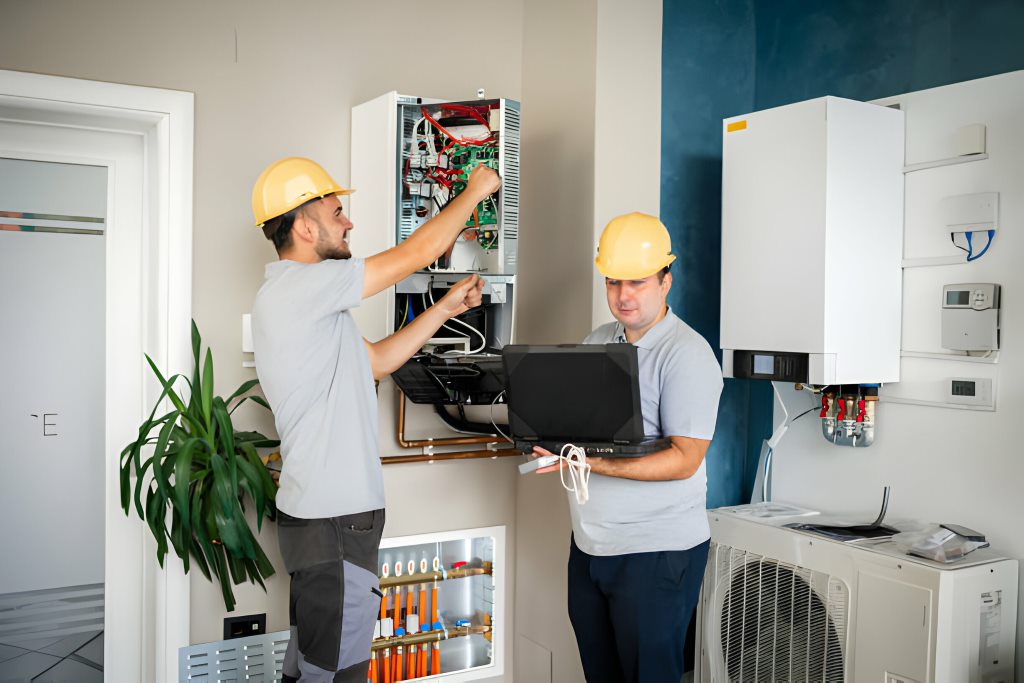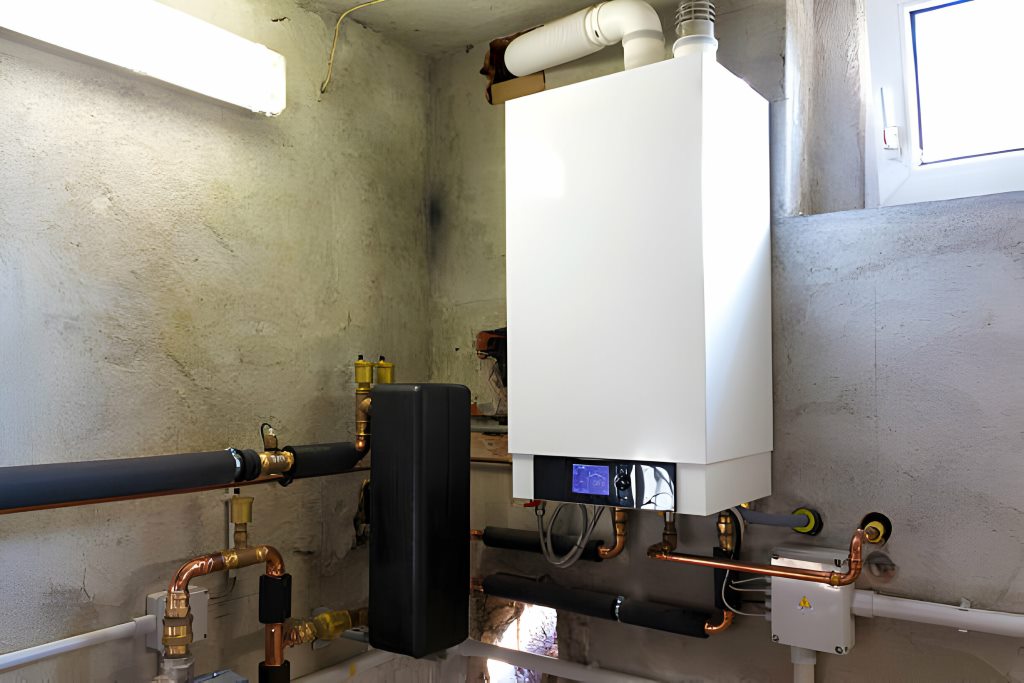
Choosing The Right Size Tankless Water Heater For Your Home
In the realm of home appliances, few are as essential and impactful as water heaters. Among the various types available, tankless water heaters have gained popularity for their energy efficiency, space-saving design, and continuous hot water supply.
However, selecting the right size tankless water heater for your home can be a daunting task, as it depends on factors such as household size, hot water demand, and installation considerations.
This article aims to demystify the process of choosing the right size tankless water heater for your home, providing valuable insights and considerations to ensure optimal performance and efficiency.
Understanding Tankless Water Heaters
Before delving into the specifics of selecting the right size tankless water heater, it’s essential to understand how these systems work and their advantages over traditional tank-based water heaters.
How Tankless Water Heaters Work
Tankless water heaters, also known as on-demand or instantaneous water heaters, heat water directly as it passes through the unit, eliminating the need for a storage tank.
When a hot water tap is turned on, cold water travels through the unit, where it is heated by a heat exchanger before being delivered to the faucet or appliance. This continuous heating process ensures a constant supply of hot water without the limitations of a storage tank.

Advantages Of Tankless Water Heaters
The advantages of tankless water heaters over traditional tank-based models are significant and contribute to their increasing popularity among homeowners. Here are some key advantages:
Energy Efficiency: Tankless water heaters only heat water as needed, eliminating standby heat loss associated with traditional tank-based models. This results in lower energy consumption and reduced utility bills over time.
Space Saving: Tankless water heaters are compact and wall-mounted, saving valuable floor space in your home. This is particularly beneficial for smaller homes or condos where space is limited.
Endless Hot Water: With a tankless water heater, you’ll never run out of hot water, as it heats water on demand. This ensures a continuous supply of hot water for your household’s needs, even during peak usage times.
Longer Lifespan: Tankless water heaters typically have a longer lifespan than traditional tank-based models, lasting up to 20 years or more with proper maintenance. This can result in cost savings over time, as you won’t need to replace the unit as frequently.
Reduced Risk of Water Damage: Tankless water heaters have no storage tank, reducing the risk of water damage caused by leaks or ruptures. This provides added peace of mind, especially for homeowners concerned about water damage in their homes.
Customizable Temperature Settings: Many tankless water heaters allow you to customize the temperature settings to suit your preferences, providing greater control over your hot water supply.
Factors To Consider When Choosing The Right Size
Selecting the right size tankless water heater for your home involves assessing various factors to ensure that the unit meets your hot water needs efficiently and effectively.

Household Size And Hot Water Demand
One of the most critical factors to consider is the size of your household and the anticipated hot water demand. Larger households with multiple bathrooms and occupants will require a higher-capacity tankless water heater to meet the increased demand for hot water. Consider factors such as the number of showers, baths, sinks, and appliances that will be simultaneously using hot water during peak usage times.
Flow Rate And Temperature Rise
The flow rate, measured in gallons per minute (GPM), refers to the volume of hot water that the tankless water heater can deliver at a specific temperature rise. Calculate your household’s peak hot water demand by estimating the combined flow rates of all fixtures and appliances that will be using hot water simultaneously.
Additionally, consider the temperature rise required to achieve the desired hot water temperature in your region, as colder climates may necessitate a higher temperature rise.
Installation Considerations
When choosing a tankless water heater, consider installation factors such as available gas or electric supply, venting requirements, and space constraints. Gas-powered units typically provide higher flow rates and are suitable for larger households with high hot water demand, while electric units are more compact and may be better suited for smaller homes or condos with limited space.
Selecting The Right Size Tankless Water Heater
Once you’ve assessed your household’s hot water needs and installation considerations, it’s time to select the right size tankless water heater that meets your requirements.
Calculate Your Hot Water Demand
Start by calculating your household’s peak hot water demand by estimating the flow rates of all fixtures and appliances that will be using hot water simultaneously. Consider factors such as showerheads, faucets, dishwashers, and washing machines to determine the total GPM required.
Consult Manufacturer Guidelines
Refer to the manufacturer’s guidelines and specifications to select a tankless water heater that can meet your household’s hot water demand based on the calculated flow rate and temperature rise. Manufacturers typically provide flow rate charts and sizing calculators to help homeowners determine the appropriate unit size for their needs.
Consider Future Growth
When selecting a tankless water heater, consider future growth and changes in hot water demand, such as additions to the household or upgrades to appliances. Choose a unit with sufficient capacity to accommodate potential increases in hot water usage without compromising performance or efficiency.

Conclusion
Choosing the right size tankless water heater for your home is a critical decision that requires careful consideration of factors such as household size, hot water demand, and installation considerations. By understanding your household’s specific needs and consulting manufacturer guidelines, you can select a tankless water heater that provides reliable and efficient hot water delivery for years to come.
